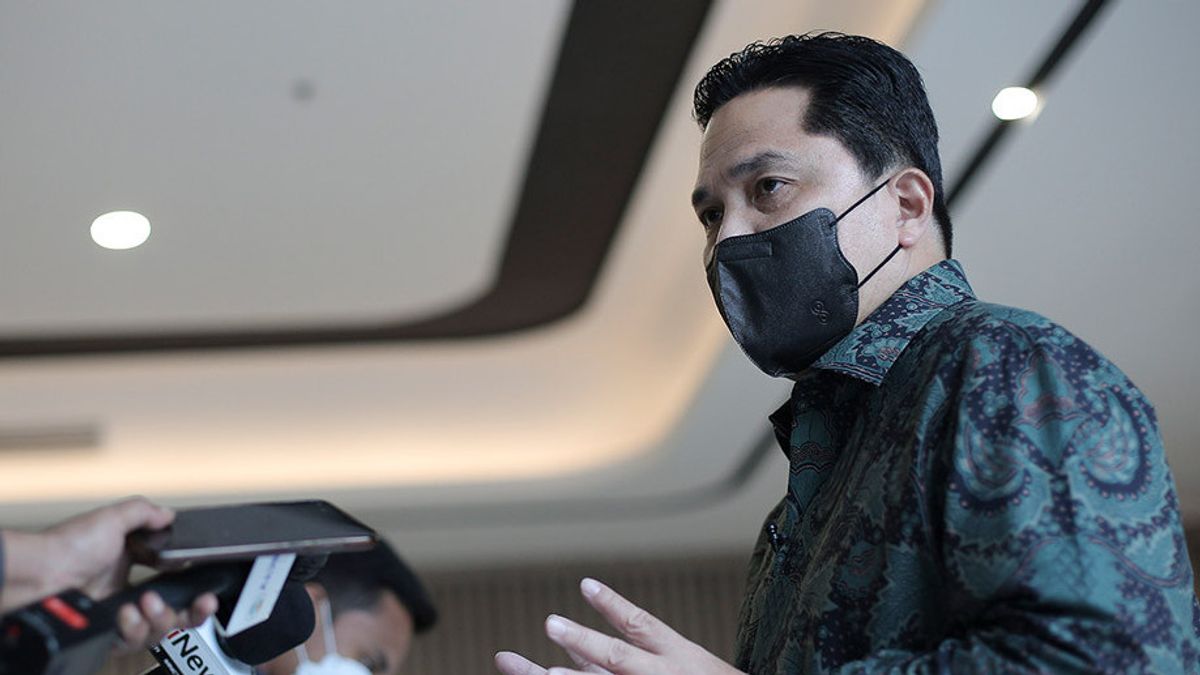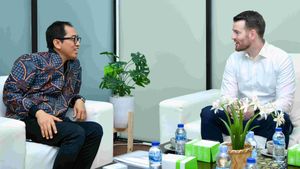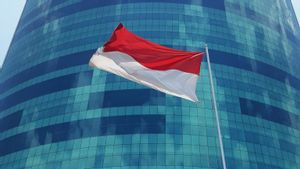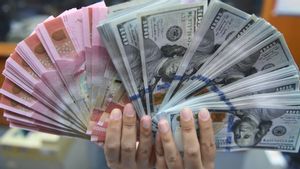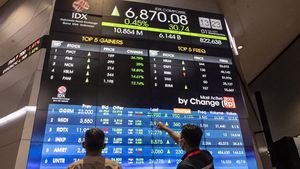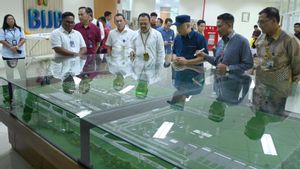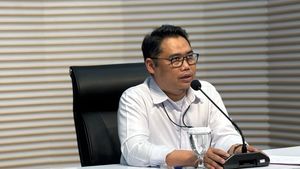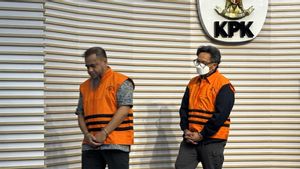JAKARTA - Minister of State-Owned Enterprises (BUMN) Erick Thohir gave his blessing to PT Krakatau Steel (Persero) Tbk or KRAS to continue the blast furnace smelting project. As is known, KRAS has stopped operations since the end of 2019.
The termination of the factory was due to not being able to produce steel at a competitive market price. Meanwhile, operating costs were recorded high. For this blast furnace system steel plant construction project, it costs US$850 million or around Rp. 12.16 trillion (assuming an exchange rate of Rp. 14,300 per US dollar).
Furthermore, Erick said that the steel industry is currently experiencing an upward trend in the global market. Therefore, it is possible that the shareholders want KRAS to improve the performance of the factory.
"There is hope that this blast furnace can be repaired because the steel is still increasing. If the steel price is going down, then it can't be done," Erick said when met at Telkom's office area, Thursday, September 30.
As is known, Erick is in the middle of highlighting the blast furnace smelting project. This is because the project with an investment value of 850 million dollars is predicted to contribute to KRAS's debt of 2 billion or equivalent to Rp. 31 trillion.
Not only that, Erick also suspects that there is a hidden corrupt practice behind the recorded high debt. The company's debt is past debt.
Therefore, Erick asked law enforcement to continue to follow up on allegations of corruption that occurred internally at Krakatau Steel, including investigating issues in the blast furnace project.
"The problem with the blast furnace must be followed up. If there are indications of corruption, it must be resolved. Why? Don't you just want to partner up with this fuss, this is corruption, finally partners who are already enthusiastic, stop, let alone steel industry is rising again," he said.
Previously, the President Director of Krakatau Steel, Silmy Karim, said that the trend of increasing debt started in 2011 to 2018. The accumulated debt of Krakatau Steel reached Rp. 31 trillion due to several things. One of them is investment spending that has not yet produced according to the plan.
Silmy said, the new management of Krakatau Steel succeeded in restructuring its debt in January 2020. So that the installment and interest expenses became lighter in order to improve financial performance.
"The blast furnace project was initiated in 2008 and entered the construction period in 2012, long before I joined Krakatau Steel at the end of 2018. The current management has found a solution so that previously idle facilities or factories can be productive," he said in an official statement. , Tuesday, September 28.
Find strategic partnersSilmy said that currently Krakatau Steel already has two potential strategic partners, even one candidate has signed a Memorandum of Agreement (MOA) with Krakatau Steel. Another partner has submitted a letter of interest to cooperate in the blast furnace.
Furthermore, Silmy said that with this strategic partner, there is already a solution for the blast furnace project. It is targeted that the second quarter of 2022 will be operated.
"The operation of the blast furnace will use technology that maximizes domestic raw materials, namely iron sand. The use of iron sand will save production costs and reduce imports of raw materials from abroad, namely iron ore," he said.
Silmy said, all these efforts were supported by corruption-free management. Moreover, he said, Krakatau Steel has implemented ISO 37001:2016 since August 2020 as an effort to prevent and eradicate KKN.
Furthermore, Silmy said, this is an international standard that can be used by all jurisdictions and can be integrated with the management system that Krakatau Steel currently has.
"The relationship with indications of irregularities/corruption in the past is certainly a concern for management. My focus when joining was to find solutions and look forward so that Krakatau Steel can survive first," he said.
According to Silmy, one by one the problems at Krakatau Steel have been addressed by the new management. Starting from companies that have not been profitable for a long time, factories that are not efficient, or projects that have not been completed.
"Many have been completed and the rest have been found solutions," he said.
The English, Chinese, Japanese, Arabic, and French versions are automatically generated by the AI. So there may still be inaccuracies in translating, please always see Indonesian as our main language. (system supported by DigitalSiber.id)
